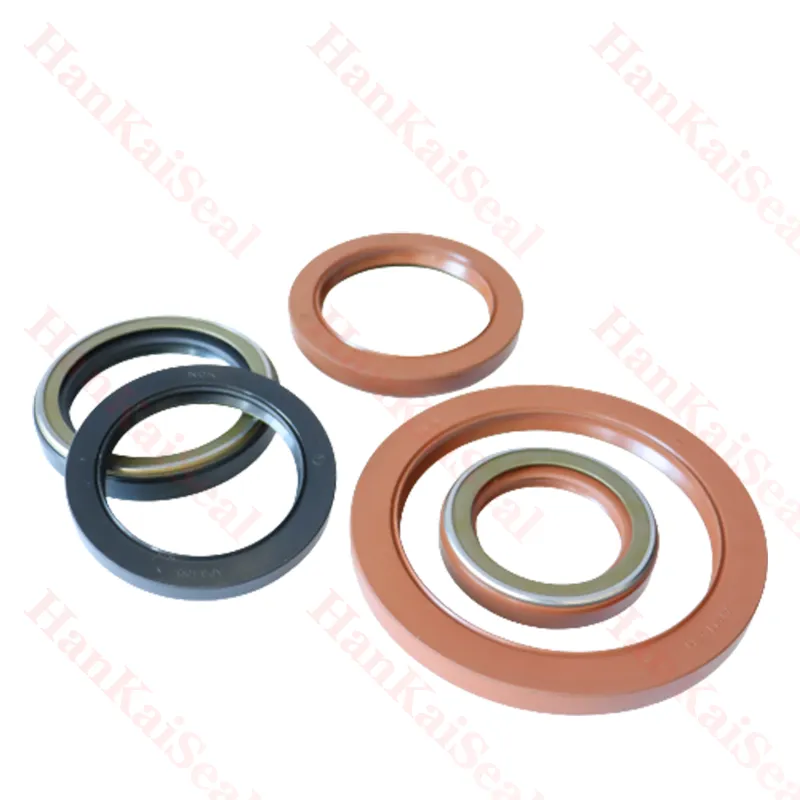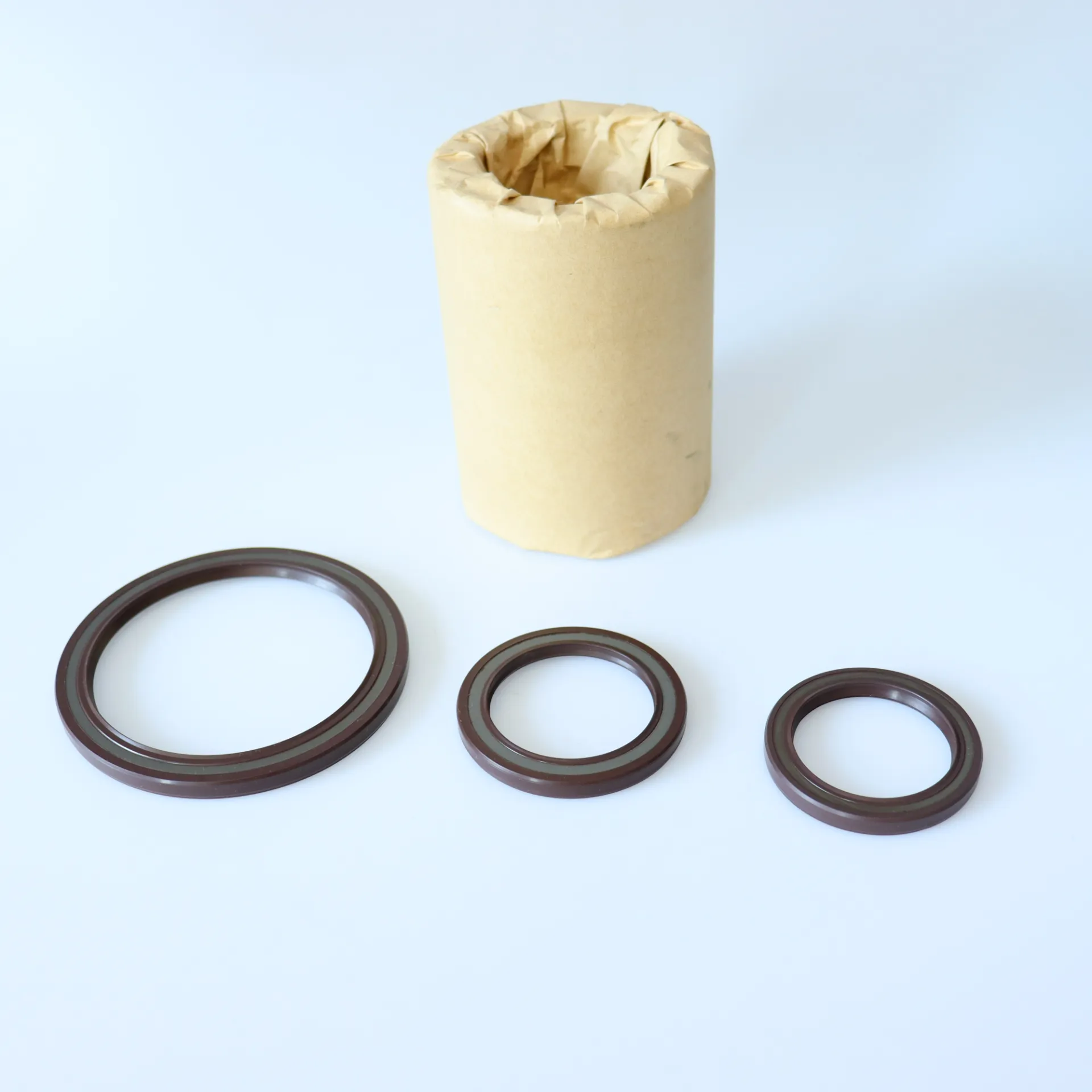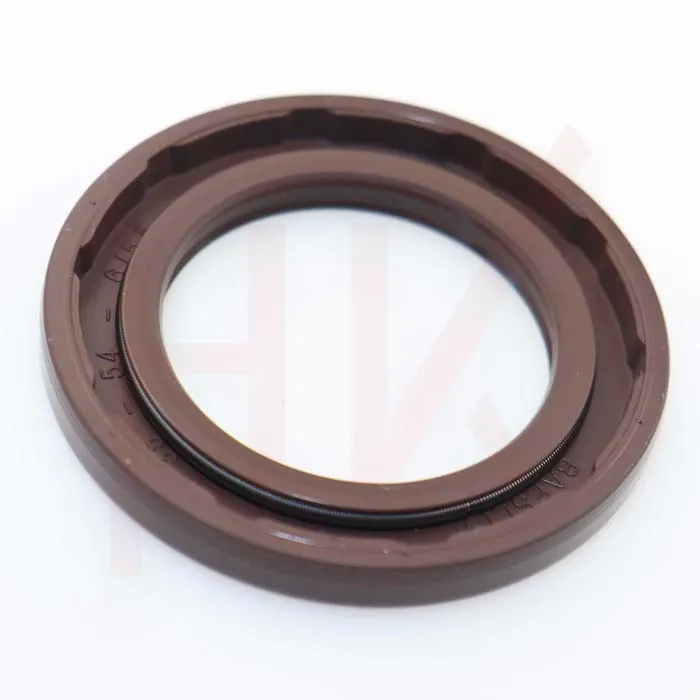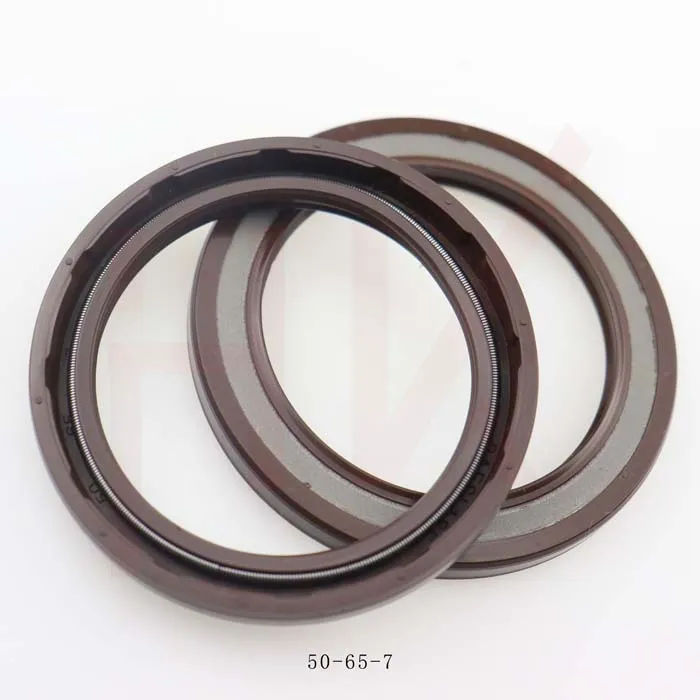When it comes to the health of our beloved canine companions, the instinct to provide the best care possible can lead pet owners to seek out solutions independently, often including medication without a prescription from a veterinarian
. While there may be situations where pet owners consider this route, it is essential to proceed with caution and an understanding of the potential risks involved.










